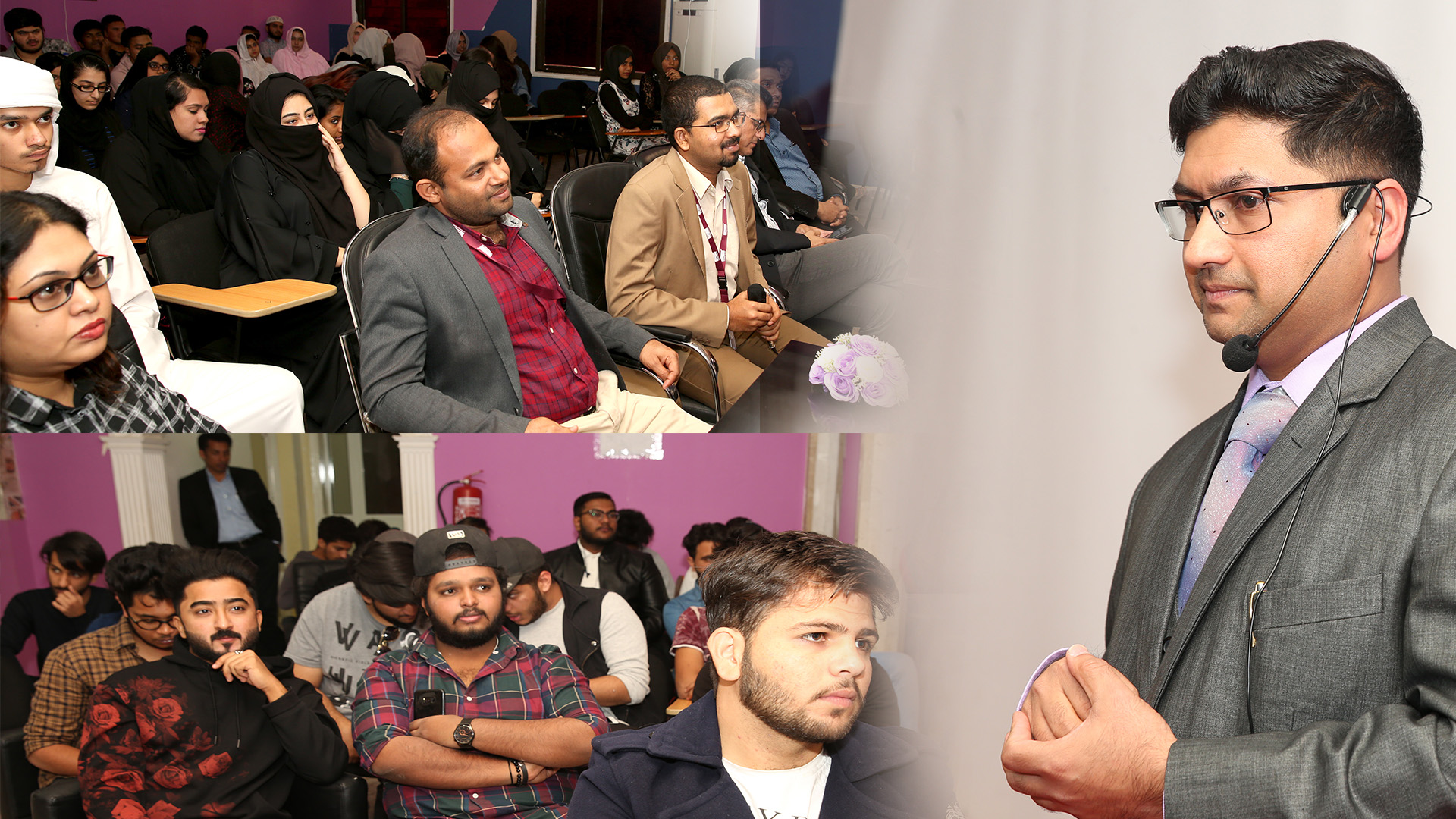
Disruptors, the Antagonists.
Disruption is an act or thought that runs against the status quo. Mind you, the majority of people will not like it. You disrupt a classroom when you raise a question, least expected by your professor or colleagues. Disruption will not, in the language of social media, win you many likes or followers.
Are our minds just shredding machine to process the creative waste of the entertainment moguls? Mujeeb Jaihoon takes to task the creative poverty of popular culture, during his disruptive discourse at Cromwell UK International College, Jan 21 2019.
Today, January 21, is an interesting date in history. It was on this day in the year 1919, the Irish Parliament passed a ‘rebellious resolution’, to become an independent republic. It was a case of a ‘disruptive’ move against the Great Britain of those days.
Tuned to the Lullaby of Answers.
We are living in the ‘Generation Results’, perhaps the reason why internet companies who facilitate this lifestyle enjoy billions in fortunes. We are pampered with search results. We are spoon-fed with algorithms of results— the nearest restaurants, cheapest air tickets and most luxurious holidays. We are also used to answering others, be it customer feedback for the concerned corporate or intrusive authorities. We are put to sleep by the lullaby of answers. We, unfortunately, shy away from raising any meaningful questions.
The Need to Encode Questions.
The time has come to learn how to encode and develop a culture of questioning. By questions, I don’t mean the usual rebellious questions of children to their parents or teachers. I am referring to those questions which elevate us to higher modes of thoughts and ideas. Questions that will enable us to justify the purpose behind our lives.
The Universal Bucket List of Wishes.
Purpose of life mostly reminds us of— a good college, attain excellent grades, a good job with a better salary, to speed in a sleek car seated next to a Prince Charming or Miss Pretty. But the disruptive question to you is— who in the world does not aspire for the same bucket list of wishes?
Wearing Others’ Costumes.
Why, then, only a few selected people are able to change the course of history? What enables them to pave the paths for us to obediently and obsessively tread on?
Why do we aspire, metaphorically, to wear costumes fashioned after their thoughts? Why do we imitate the fad and fashion of a geographical and cultural Other? Why don’t we dare to question the utter imitative material in the name of popular culture?
The Irrational Religion. Super-rational God.
We readily brand the early man’s beliefs in the unseen being as old-fashioned or superstitious. We mock their religious practices as unscientific. We are amused by their holiness for certain Personalities and Texts. We enthusiastically define superstitions as those ideas and practices which fail the rational or scientific tests.
Religious beliefs of almost all Faiths are not supported by rationality to a greater extend. In fact, the very gate to Religion is belief in the unseen, better read as unknown. God or the concept of God is the only ‘natural phenomenon’ which does not fit or submit to human reason. Obviously, that is the reason why He is God and rest are not.
Wardrobe Malfunctions of Superheroes.
Nevertheless, in the same spirit of our disruptive criticism of blind faith, why do we not maintain the same critical outlook towards popular culture? While we may be amused at a small child wearing his or her attire in the wrong order, we fanatically applaud the ‘Wardrobe Malfunction of the superheroes’ — wearing their undergarments outward!?! Science Fiction, hence, is the worst oxymoron of our times.
Sub-human Shredding Machines.
Coming to music, it is the most consumed form of entertainment in colleges. Have you noticed most of the songs have the same lyrics rearranged in random order? There may be well over a hundred cliché phrases which appear in almost every other playlists. What stops us from being a disruptive listener to such recycling noise factories?
How can we let ourselves to become zombies with zero self-consciousness who feed on leftovers bereft of any originality? Are our minds just another shredding machine to process creative waste of the entertainment moguls? We fail to become higher human beings when we stop asking disruptive questions. Our humanity dies where our disruptive questions end.
Pre-kindergarten Philosophers.
When we were young kids, we used to ask the most beautiful, read as disruptive, questions. Their minds are the most philosophical and scientific until they start attending kindergarten classes. School education is largely the culprit behind the murder of the disruptive minds of our children.
As adults, we all see the sun rising and setting every day. However, many of us would have asked then the same question that my two-year old asks me about sunset, ‘Dad, who switched off the sun?’ She’s fascinated, just as we were, about the natural phenomenon: why is the sun rising from a particular direction? Why is the shadow so long? Our traditional (since there is nothing modern about it), educational system has made us captive to this Generation Results. Disruptive questioning is discouraged for the purpose of domination convenience.
Marriage of Syllabus and Nature.
It is essential for our educational institutions to develop a link between the textbooks and outside world, including the natural phenomena— not just restricted to corporate internships. Isaac Newton, for example, came up with his disruptive question of gravity while he was seated under the apple tree, not in some library or laboratories. Nature, hence, is one of the greatest provocateurs for disruptive thinking.
Success: War Spoil of the Disruptors.
Almost all the leading technology brands we see today were founded by disruptive minds who won very few ‘likes’ in their early days. Success is the war spoils of the disruptors. Only they are successful in influencing their friends, families and larger humanity. Even if you fail to convince anyone, at least you will be a winner for your own self.
QUOTES
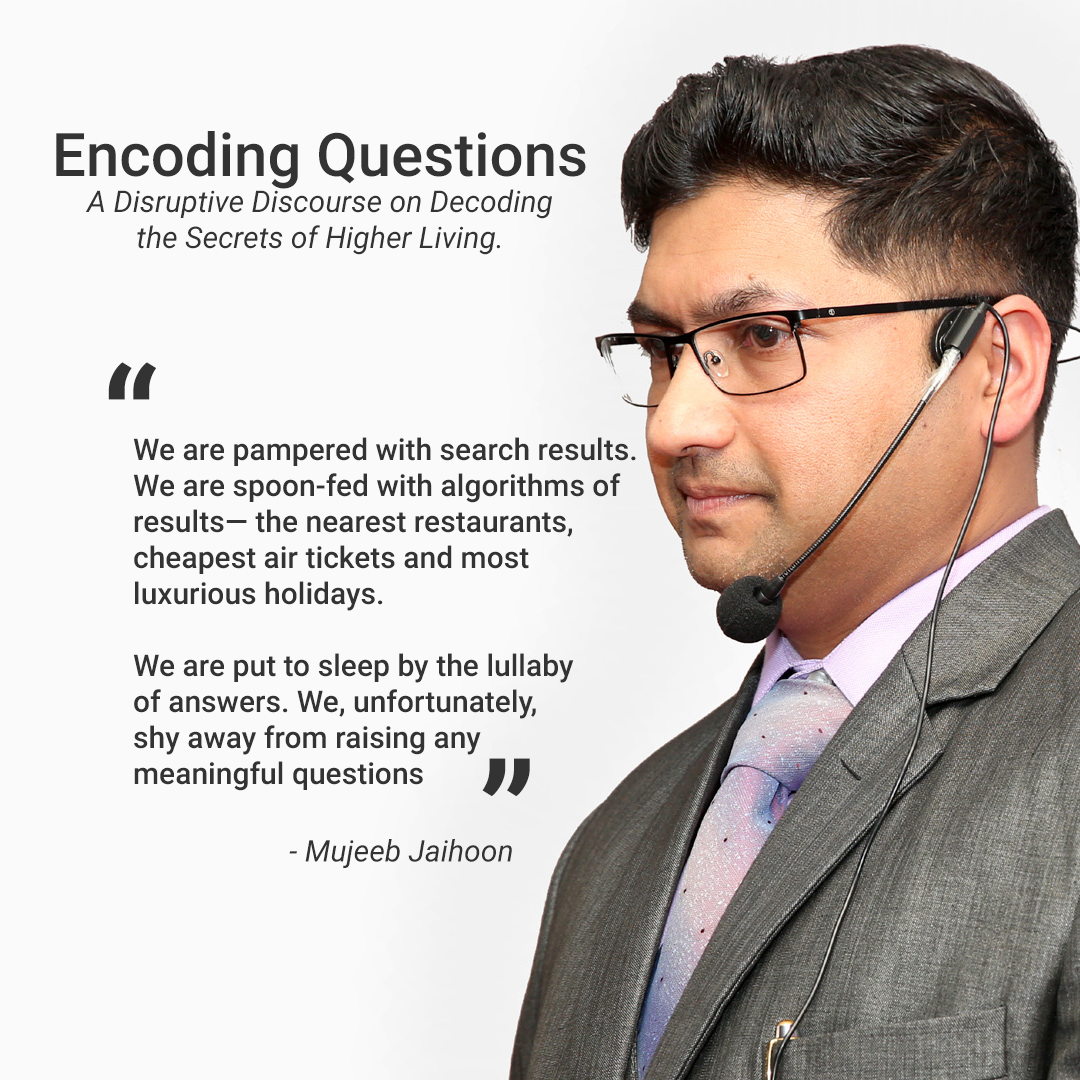
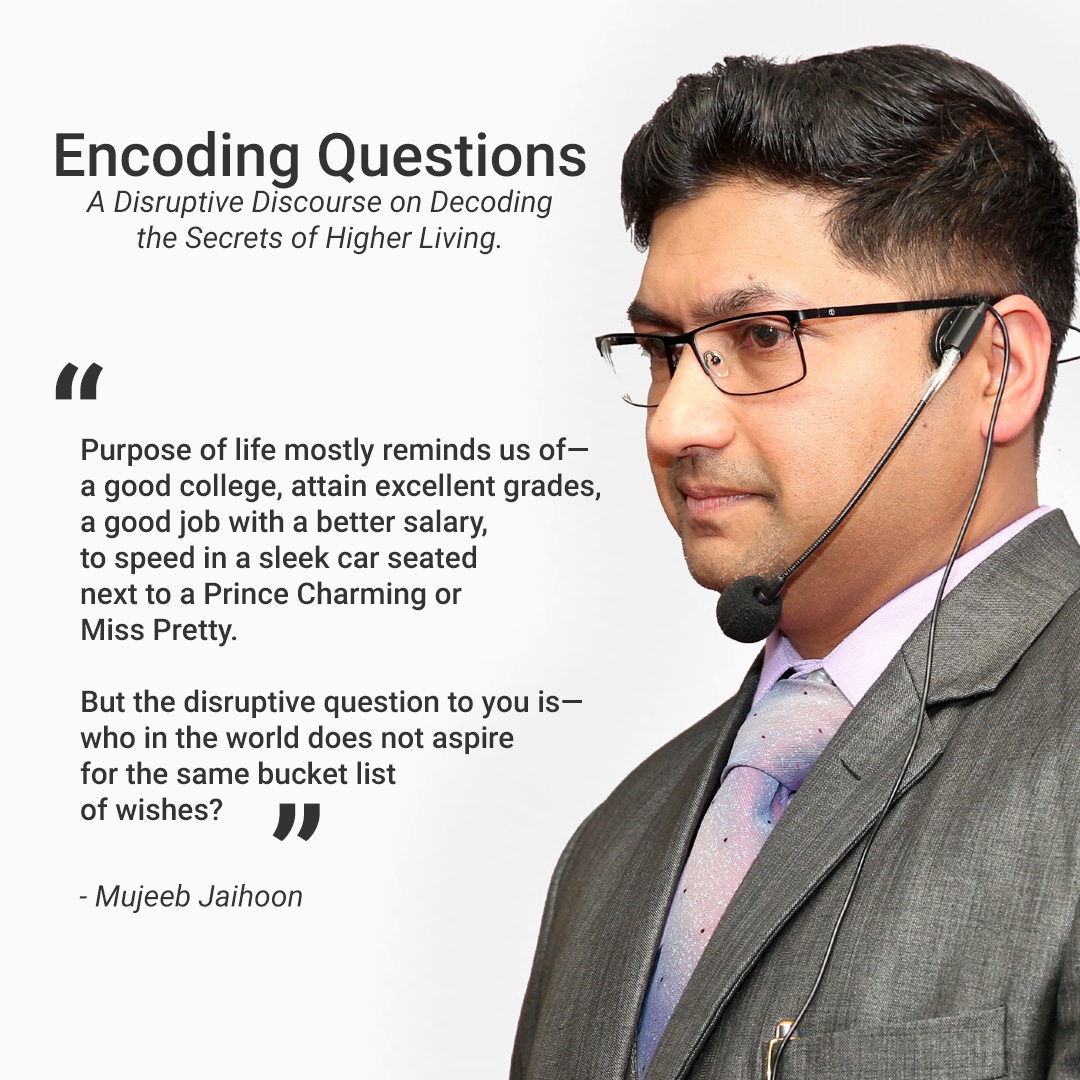
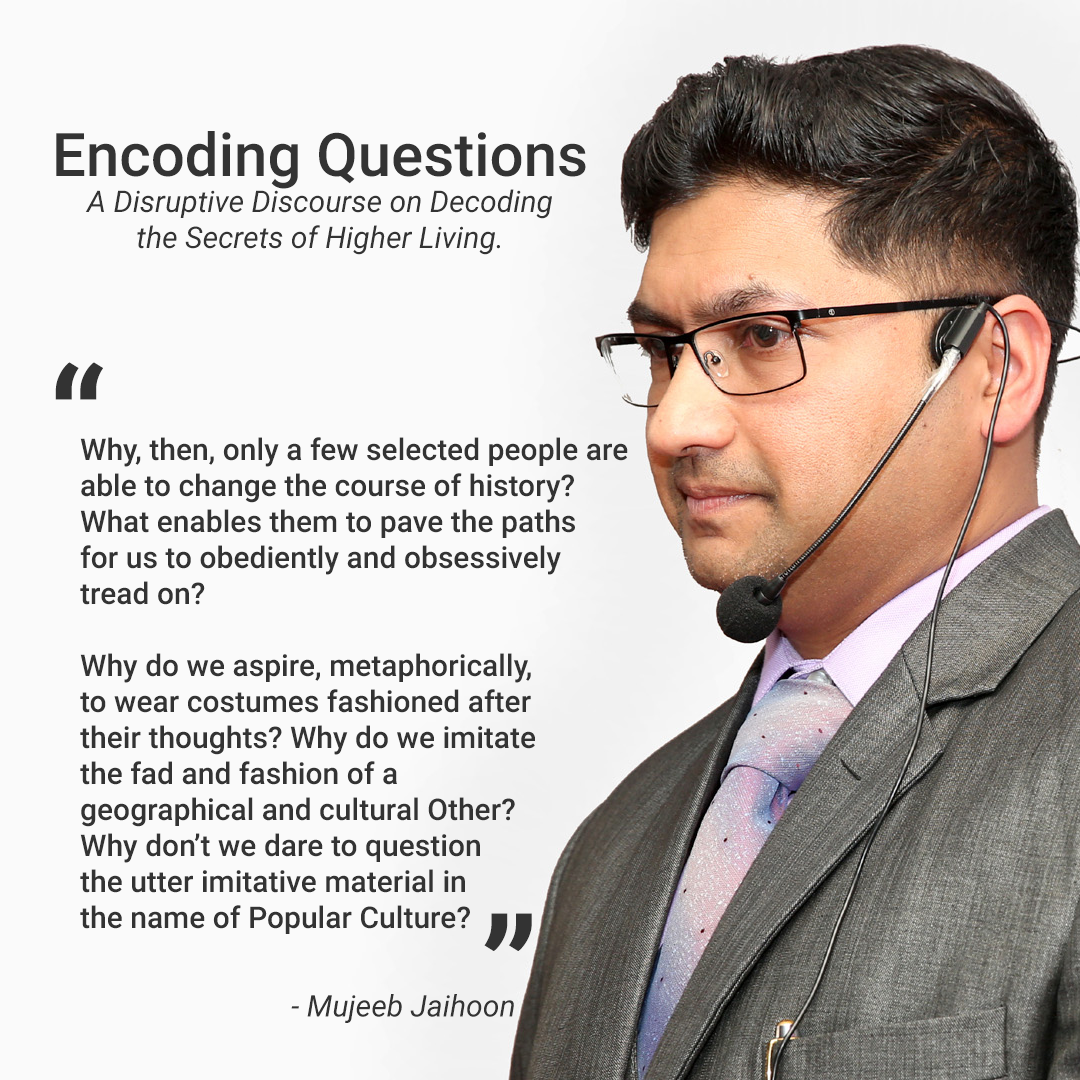
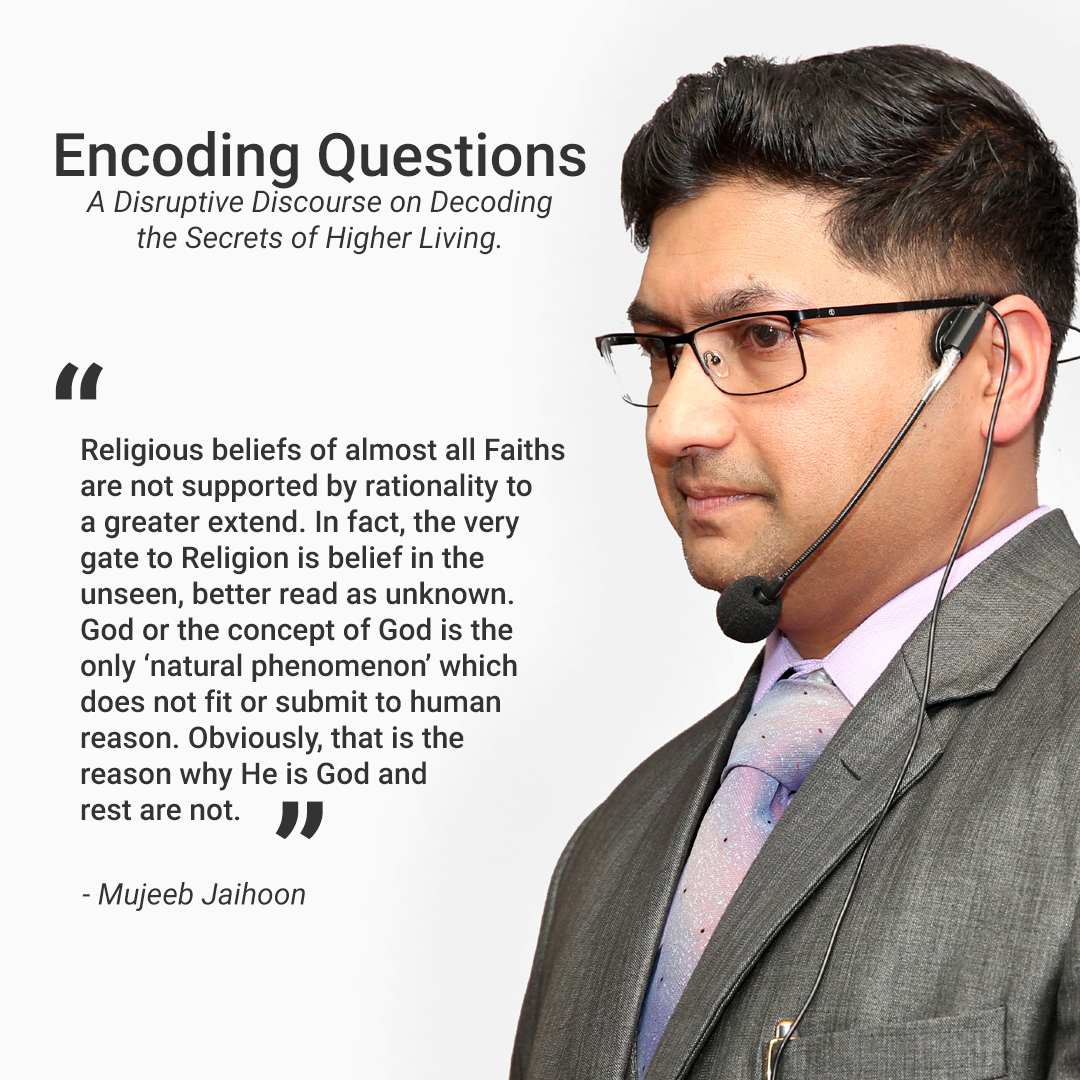
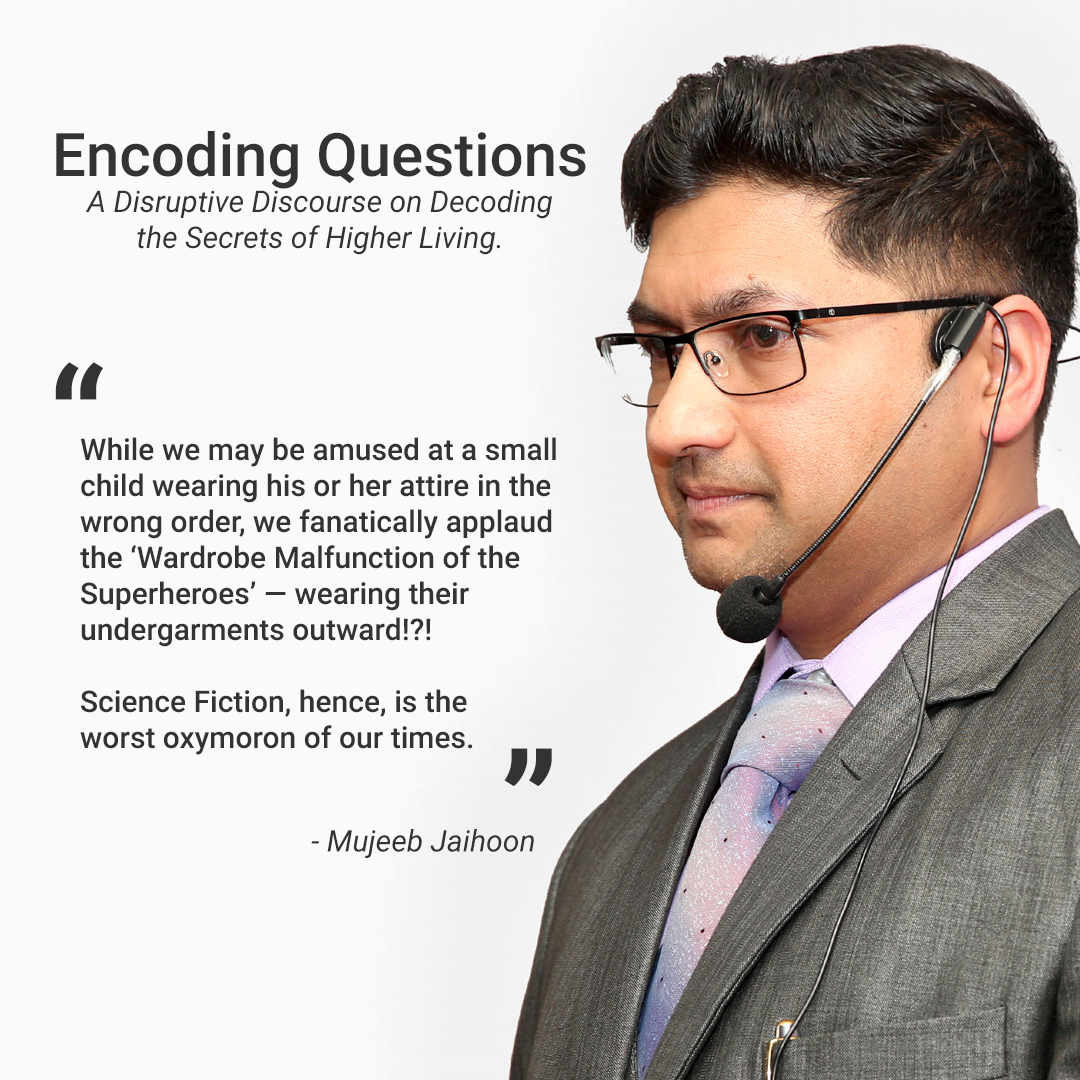
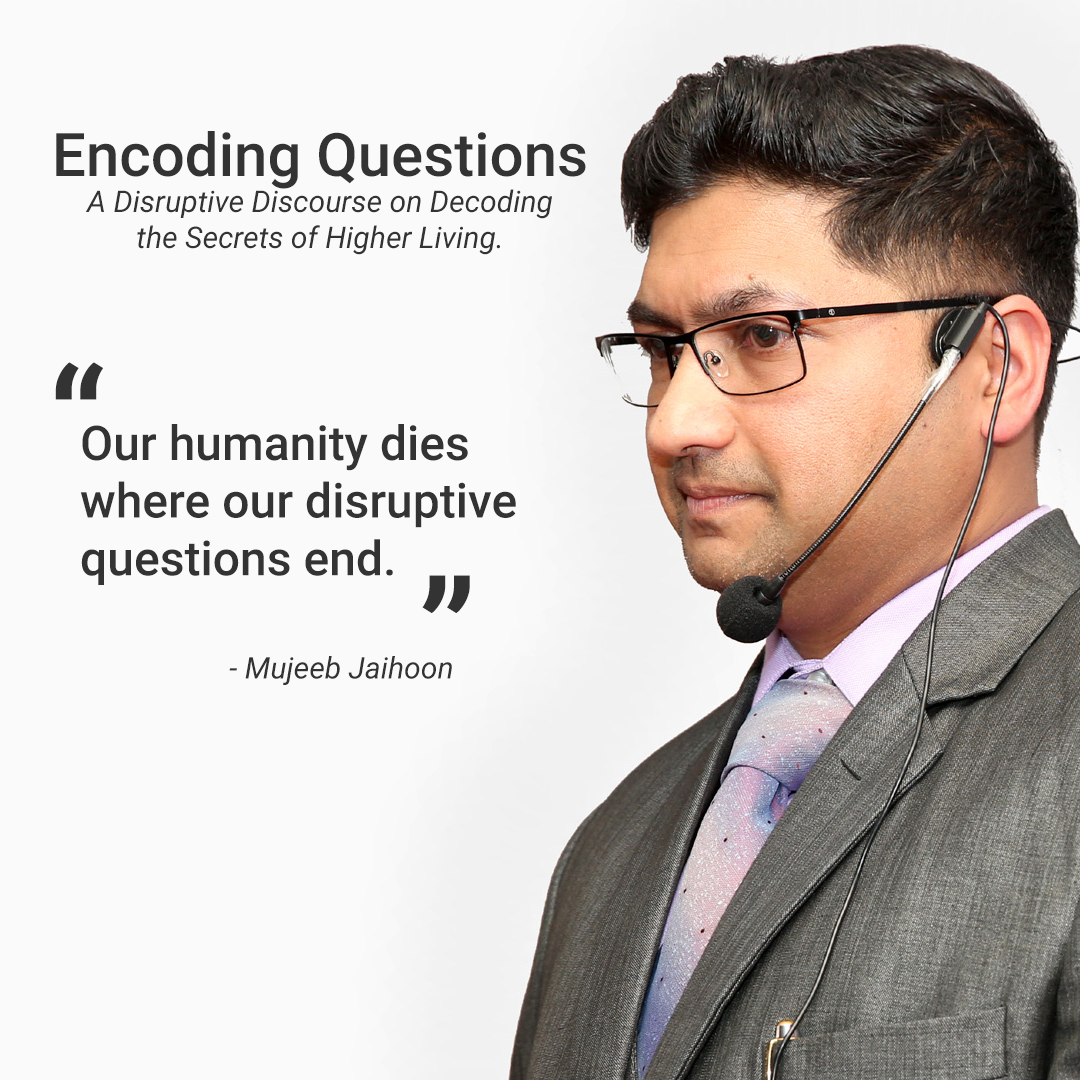
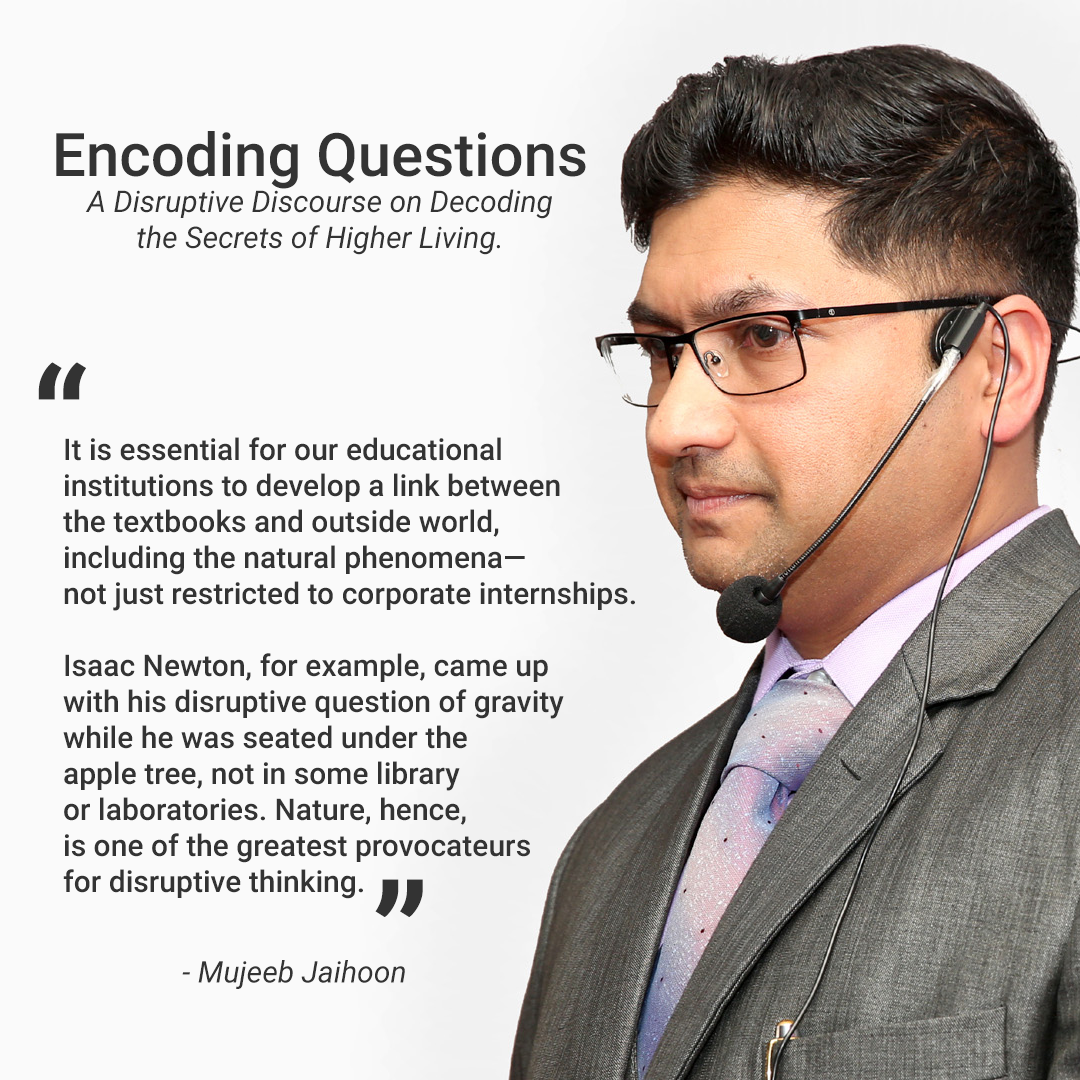
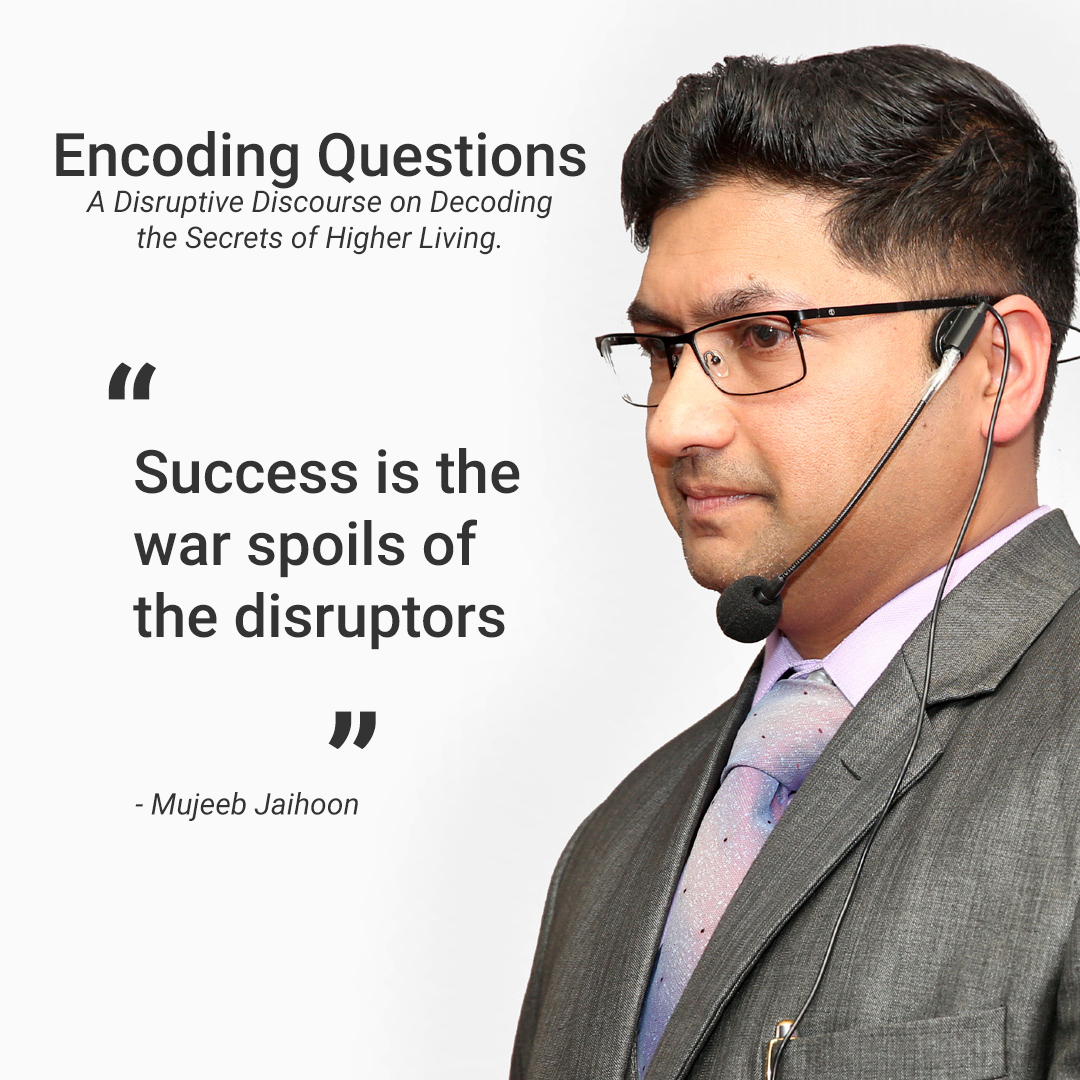
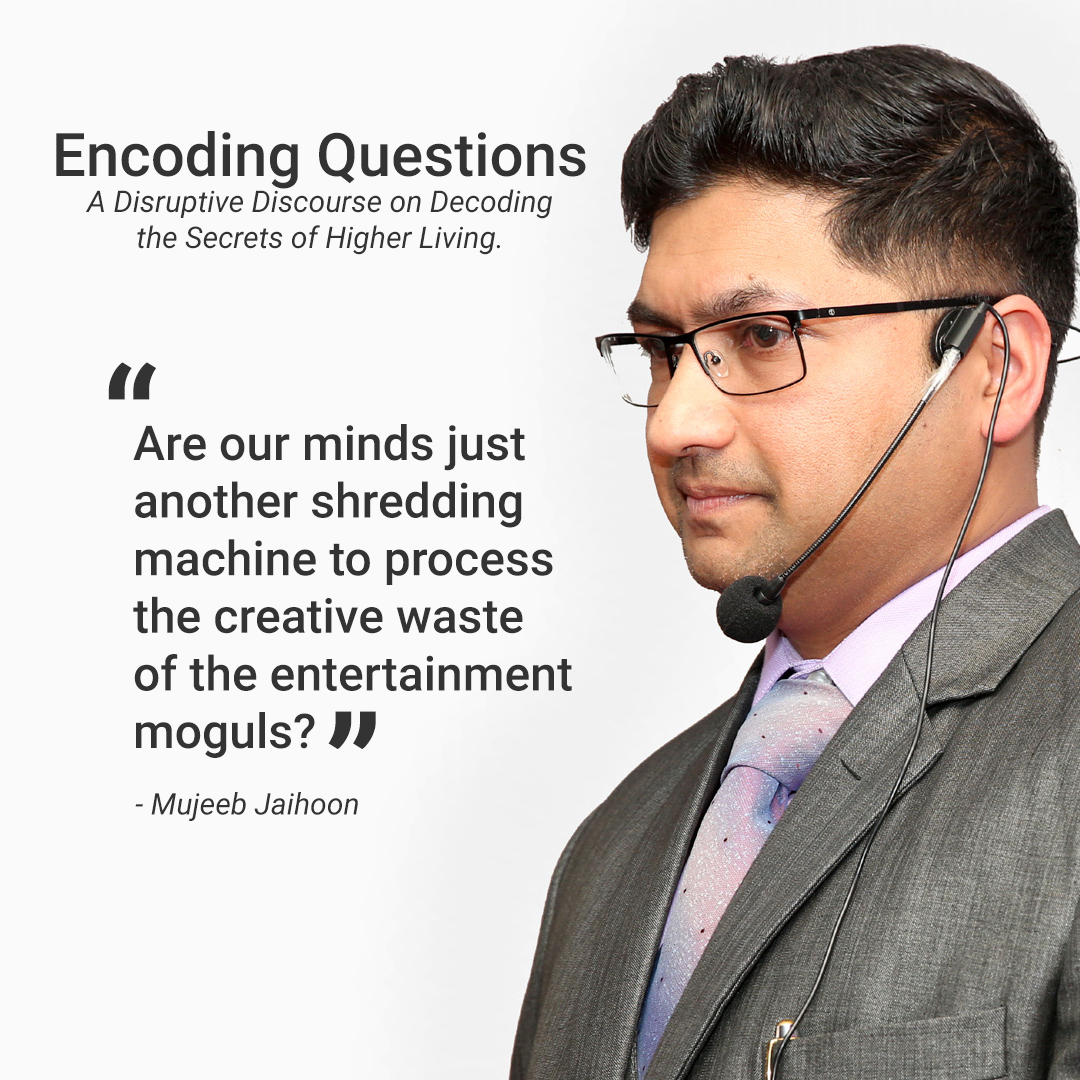
Posted Feb 01 2019

